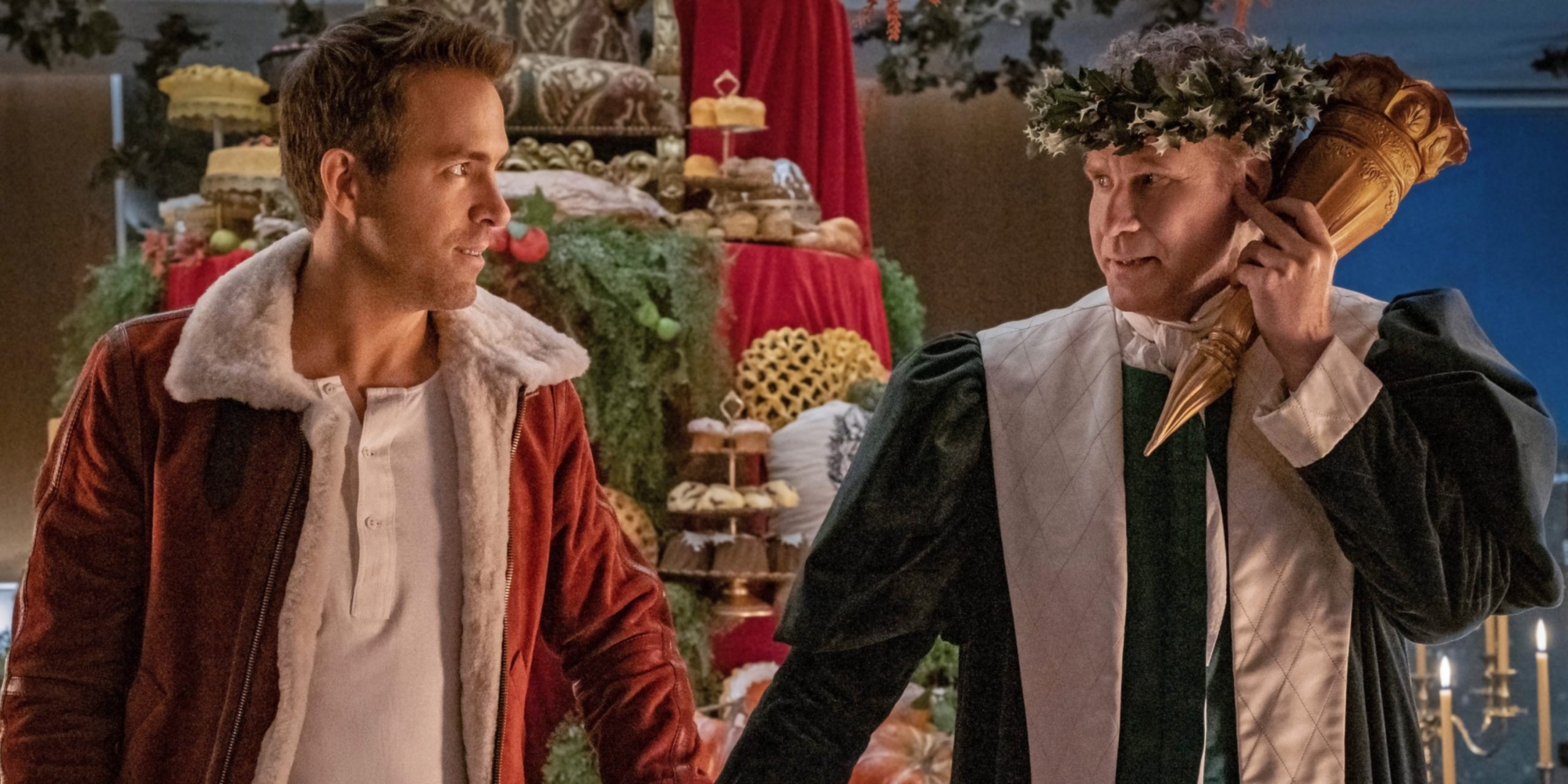It’s that time of year again. The time for eggnog, presents, family get-togethers, and of course, A Christmas Carol. I’m a pretty big fan of the Dickens classic. Whether seeing the original acted out at my local theater or a comedic remake like Bill Murray’s Scrooged, watching the worst of us make a turn for the selfless always offers fresh insight into a year’s worth of relationships since we saw it last Christmas.
To be honest, though, that’s always been a problematic part of the story for me. The ghosts’ approach to provoking change, though varied in one sense, is bookended with veritable horror films, starting with Marley who is temporarily let out of hell itself to terrify Scrooge, and ending with the grim reaper who forecasts Scrooge‘s death and fiery eternal destiny. Fear seems to get the final word when it comes to change. But is it rightly motivated, genuine change? Is it even possible for it to be? Where is the connection between seeing a picture of yourself on hell’s doorstep and then being moved to joyously pay for Tiny Tim‘s turkey? Is Scrooge really not afraid that maybe that single act of piety isn’t enough? It all feels too simplistic, like a shortcut is being taken somewhere. Maybe you can relate.
This year‘s updated spin on the story, Apple TV’s Spirited, eases some of this tension in a wonderfully surprising way.

WARNING: *Spoilers abound from this point forward*
The twist is that Scrooge (Will Ferrell) is now the ghost of Christmas Present who is working for a larger ghost-operated organization that selects new Scrooges every year in order to pull another emotional and psychological mind-bender over on them, hopefully to change them for the better. Clint Briggs (Ryan Reynolds) is this season’s target — a selfish, opportunistic businessman who at first is passed over by the ghosts because he’s labeled “unredeemable.”
But Scrooge is persistent. He argues that if Clint can be redeemed, then there’s hope for all of us, and that he might be able to use his gift of influence to positively affect others downstream. And so he convinces the others it’s all going to be worth it.
But as Marley starts things off with the usual haunting, warning Clint of the impending visitation of the three ghosts, it becomes clear that this particular gig won’t go as normal for them. Clint is stubbornly curious, a hard scare, and doesn’t seem to feel as much guilt as the clients usually do. At one point Scrooge has to step in and go above and beyond when it becomes clear that the usual tricks won’t work on him. But these attempts are in vain; Clint’s heart just won’t budge.
As the story goes on we learn that part of what draws Scrooge to Clint is that he sees a lot of himself in him, and ever since he died he has been battling his own demons about whether or not he would have stayed good if he would have lived longer. (He died three weeks after his own “conversion.”) So Scrooge projects himself onto Clint in the hopes of finding some existential resolution in the changed life of another.
As you might expect for a Ferrell and Reynolds movie, their humor, sarcastic banter, and shared musical performances help carry the story. But it’s their relationship that ultimately defines it. In fact, this is where things deviate even more from previous Carols. What leads to change, resolution, and peace (for both of them) isn’t the ghosts’ guilt trips or fear tactics, but a budding friendship between them, a willingness for Scrooge to “retire” and become human again, and an act of sacrificial love from Clint when he jumps in front of a bus to save Scrooge.
Right up until the end, Clint is sure that the “process” won’t work on him and that after a few days he’ll rationalize it and return to who he was before. But what breaks through isn’t the vision of a funeral of a boy he helped to bully online (though that helps a little), but the unlikely and unmerited kindness he was shown by Scrooge and others.
How refreshing! And, well, relatable. In the end, Dickens may have been too optimistic about the potential of the human heart. Sean Anders, the writer and director of Spirited, seems to have a lower anthropology, one that looks more like what we see in the New Testament when, after people start to believe in Jesus through the miraculous signs he was performing, we’re told: “Jesus did not entrust himself to them, for he himself knew what was in a man” (Jn 2:24-25). He knew our limitations, our propensity for disbelief, and — as Clint says — to rationalize the miraculous away and go back to our own selfish ways of living.
When it comes to what truly changes (and redeems) us, morality itself isn’t the answer, nor are guilt trips, second chances, visions of hell, or any kind of “if/then,” law-like threat. Instead, God woos us with love. It’s the greater Christological visitation that actually breaks through, when the Son “retires” to become human in order to save us. Setting aside his miracles and turning his face toward Calvary, he would be swallowed up by death, so that we “unredeemables” might be forgiven.
Christianity, then, doesn’t haunt us as much as it says, “Jesus experiences the haunt for us.” He doesn’t goad us into measureless moralisms, but says “Do not fear.” When we wake from our own nightmarish self-reflections, we don’t have to race to make up for all of the terrible things we’ve done in life. Instead, we can rest knowing that God’s love expressed through Jesus’s own nightmarish death covers a multitude of sins. That’s not a quaint Christmas lesson, but the blessing God unconditionally gives — to the bad and the good, the worst of us and the best of us.

COMMENTS
Leave a Reply












